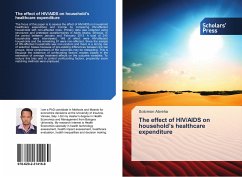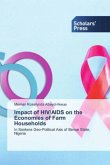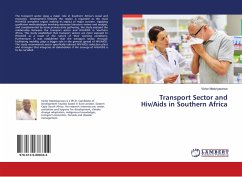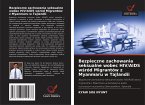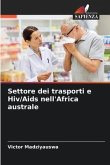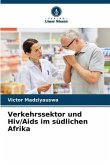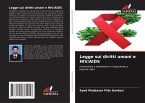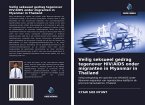The focus of this paper is to assess the effect of HIV/AIDS on household healthcare expenditure and income by comparing HIV-affected households with non-affected ones. Primary data was collected using structured and pretested questionnaires in Addis Ababa, Ethiopia, in the period between January and February 2015. A total of 240 households were interviewed, 149 of which were HIV-affected households and the remaining 91 were non-affected. Since the sample of HIV-affected households was non-random and there is a strong risk of selection biases because of pre-existing differences between the two groups, direct comparisons of the outcomes may be misleading. This is because the existence of confounding factors creates biases in the estimation of average treatment effects on the outcome variables. To reduce this bias and to control confounding factors, propensity score matching methods were employed.
Bitte wählen Sie Ihr Anliegen aus.
Rechnungen
Retourenschein anfordern
Bestellstatus
Storno

